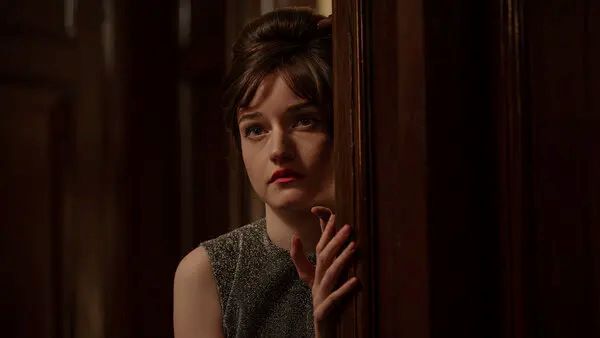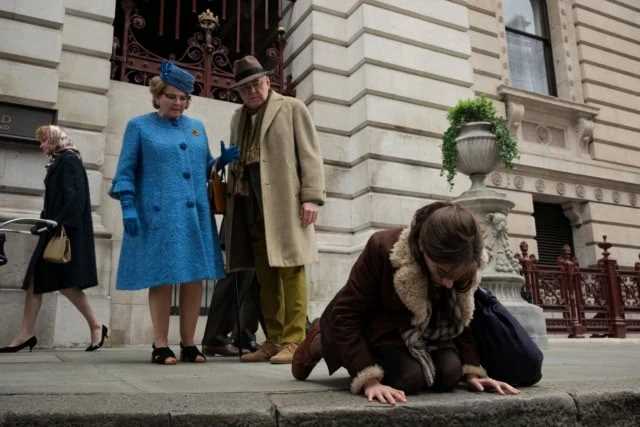Apartment 7A
15¦ DVDThere are certain films, often deemed as true classics, that you just steer clear of remaking. Or so you would think. And although some titles are on fairly safe ground, such as Citizen Kane, Jaws and Die hard, you can never say never, as this film illustrates.
Although its title is unlikely to ring any bells, its source material will, seeing as its Ira Levin’s 1967 novel Rosemary’s Baby.

Oh I wish i was back in the Ozarks right now.
1965 NYC and the city is swinging. Attempting to live her dream is dancer Terry Gionoffrio (Julia Garner), but she faces a massive setback in her career when she has a terrible accident on stage that damages her ankle.
She is determined not to have it hold her back, but as dancers rely on their feet all the time, she finds it difficult.
This leads her to track down the producer of a show she wants to be a part of, but ends up having an incident that sees her passing out just outside the building. She is rescued by a couple who live inside the building, Minnie (Dianne Wiest) and Roman Castevet (Kevin McNally), who bring Terry into their apartment – 7A.
It’s there that they feel pity for her and give her an offer she can’t refuse, use of the apartment they own just down the corridor from theirs. After a little persuasion, she accepts, and not long after, she starts to see a change in her circumstances. But is there something darker behind her good fortune, and if so, what’s the cost?

Apparently that's where her Hollywood star used to be...
It’s kind of ironic how this film, with its black and white presentation and homage to old Hollywood horror films, now very much looks the part of an old horror flick now that it’s 50 years old, which Brooks is bound to appreciate.
Japanese Australian director Natalie Erika James certainly has some chutzpah, tackling as she does a truly classic story, as immortalised by Roman Polanski’s 1968 Rosemary’s Baby, starring Mia Farrow, especially after her directorial debut dud Relic.
To be fair, she does much better here, but admittedly the story itself is doing much of the heavy lifting. It’s touted as a prequel, but the blueprint of the original story is just too prominent to ignore, making it a prequel in name only and plays out like a remake. And a disappointing one at that.
James certainly creates an interesting world, New York in the sixties, with a theatrical flavour throughout. And there are some strong performances too, especially from Wiest who appears to be having a lovely time.
Gardner has already proven her acting chops in shows such as Justified and Ozark, but she has struggled with the transition of being a lead in a film. She doesn’t do much wrong here, but is haunted by the genuine brilliance of Polanski’s original, as is the film as a whole.
What it proves is that even by dressing this up as an unofficial prequel isn’t enough to distinguish it from the original, with more similarities than unique elements.
Perhaps it serves more as an exercise in cinema, and clearly an example of not what to do, and if you happen to hold Polanski’s film in high regard, then it’s best not to cross the threshold of Apartment 7A and walk the other way.
